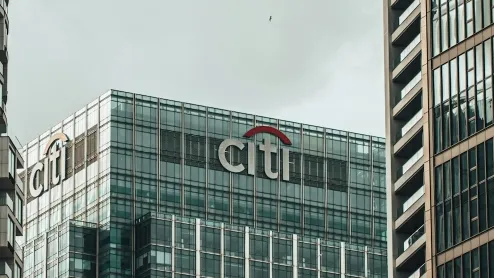
Indonesian banks to maintain lending rates in 2025: analyst
MSME borrowers remain weak, but some positive factors are on the horizon.
Indonesian banks are expected to maintain their lending rates in 2025, according to a report by UOB Kay Hian.
Banks in the market increased lending rates only by 30 basis points (bp) between August 2022 to April 2024, despite a rate hike of 275 basis points over the same period.
Notable market conditions at the time include the competition as Bank Negara Indonesia (BNI) restructured its portfolio to focus on high quality borrowers, whilst Bank Mandiri improved funding structure, noted UOBKH analyst Posmarito Pakpahan.
BNI is expected to continue improving its net interest margin (NIM), which stood at 4.2% for the first nine months of 2024. Bank Mandiri, meanwhile, “will be more rational in order to deliver growth,” noted Pakpahan.
Indonesia’s micro, small, and medium enterprises (MSME) borrowers remain “weak” on the back of unequal recovery of activity following the COVID-19 crisis. MSME borrowers were significantly affected, resulting in weak loan growth.
For the MSME segment, loans grew 4.6% year-on-year (YoY) in October 2024, whilst non-performing loans (NPLs) rose to 4% in September 2024,” Pakpahan said.
“We believe that in 2025, the government will focus on improving social welfare and boost domestic purchasing power, which could stimulate MSME economic activities,” Pakpahan said.
Amongst these include a government regulation to forgive more than 1 million MSME borrowers’ loans, raising the minimum salary by 6.5% in 2025, and raising teachers’ salaries.
Apart from BNI and Bank Mandiri, UOBKH noted “increasing interest” in Bank Syariah Indonesia (BRIS) from investors.
“With its strong capital, we believe BRIS has huge potential to deepen its syariah banking penetration in Indonesia,” Pakpahan said.
UOBKH expects BRIS to deliver a three-year compound annual growth rate (CAGR) of 17% in net profit between 2023 to 2026.
“. With its huge potential growth and market leader position, the bank deserves to be traded at a premium. Its access to Wadiah savings (zero interest rate) supports the bank’s premium valuation,” Pakpahan said.
Overall, however, investors are ‘cautious’ on the Indonesian banks, and are less optimistic about the rate cut outlook and liquidity tightening in the market, reports UOB Kay Hian.
Although Indonesian banks’ valuations are “relatively cheap” due to the recent sell-off, investors saw downside risks in the rate cuts, the liquidity tightening, and the supposed weakening purchasing power of the low-middle income class, noted Pakpahan.
“Amidst the uncertain outlook regarding the rate cuts, investors are waiting for more clarity and execution of the newly elected government’s fiscal policies which are expected to boost consumption,” Pakpahan noted.



















 Advertise
Advertise











